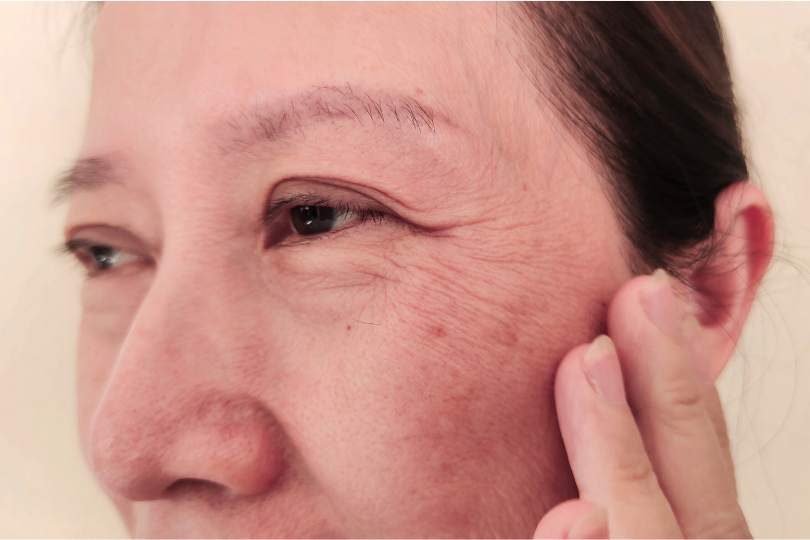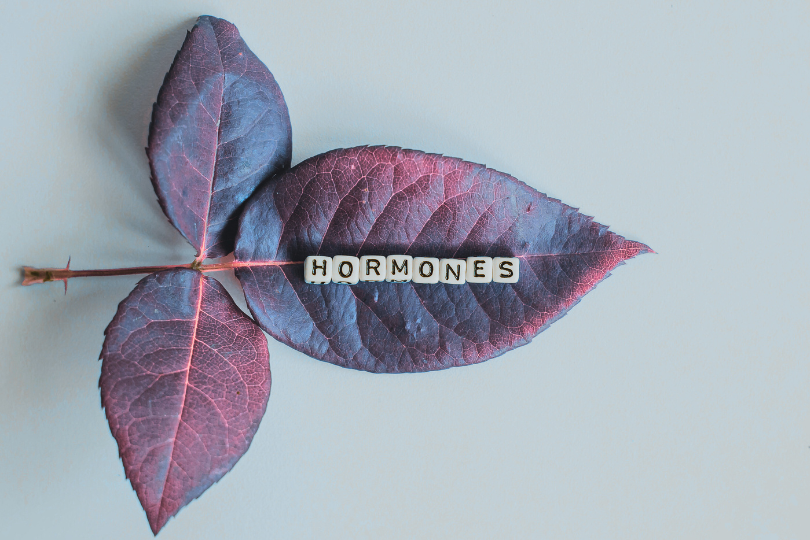You may have heard about HPV from a friend or online—perhaps someone you know was diagnosed, and now you’re wondering how it affects you. How common is it? Should you get tested? And what about the vaccine? Let’s answer these questions and show you how to take charge of your cervical health.
HPV (human papillomavirus) is the most common sexually transmitted infection worldwide. Nearly everyone who is sexually active will encounter it at some point.
While most HPV infections are harmless and clear naturally, some can have lasting effects:
Cervical cancer is the fourth most common cancer in women worldwide, making awareness, prevention, and early detection essential.
Cervical Intraepithelial Neoplasia (CIN) is a condition where abnormal cells grow on the cervix. While CIN itself isn’t cancer, it’s considered precancerous and can develop into cervical cancer if not addressed.
CIN often has no symptoms, so regular cervical screenings are critical:
These screenings are quick, painless, and potentially lifesaving—don’t skip them.
While HPV and CIN usually don’t cause symptoms, advanced cases or cervical cancer may show warning signs:
If you notice these symptoms, see a doctor promptly—they could indicate serious conditions that need attention.
Vaccination is one of the most effective ways to protect yourself from high-risk HPV strains.
The vaccine doesn’t just prevent cancer—it can also lower the risk of genital warts and other HPV-related conditions.
HPV may be common, but it’s preventable and manageable. Routine screenings and vaccinations are your best defenses against its risks. Whether you’re considering a Pap smear or the HPV vaccine, taking these steps now can really protect your health for years to come.
Book an appointment for your Pap smear or talk to our doctor about the HPV vaccine.



If your routine suddenly feels out of step, it’s not your products, it’s your hormones. As estrogen begins to fall, the signals that keep skin strong and hydrated weaken. Dryness, breakouts, pigmentation, and slower healing start to appear, even with the same products you’ve always used. The good news: you can adapt. With smart everyday care (SPF, hydration, retinoids, vitamin C), lifestyle support (nutrition, sleep, stress), and medical options when needed (prescription treatments or hormone therapy), your skin can stay strong and healthy well into your 40s, 50s, and beyond.

No one talks about it, but perimenopause can hit in your 30s or 40s, and it’s not just about your period. Think brain fog, poor sleep, low libido. Here’s what to look out for and what you can do.

Many sexually transmitted infections can lie dormant for months or even years without symptoms. Understanding the facts — and getting tested together — can help you move forward with clarity and care.